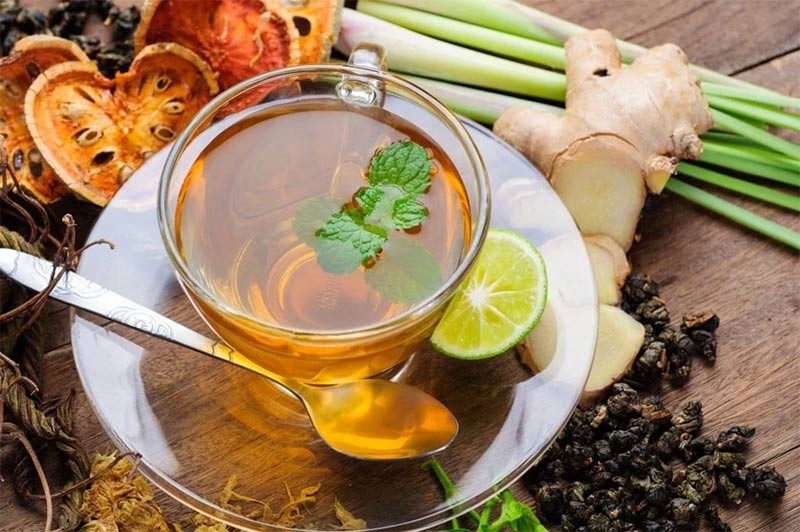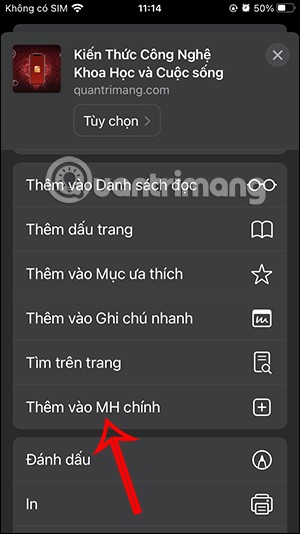Ginger tea is said to help relieve nausea and may be an effective treatment for pregnancy-related morning sickness. Here's what you need to know about taking ginger tea during pregnancy .

Benefits of ginger tea for pregnant women
Researchers have shown that about 70% of women experience nausea, also known as morning sickness, during pregnancy. Since this is a common experience, there are many tried-and-true home remedies.
One of these is ginger “tea.” Made by boiling or steeping ginger root, this drink is popular and many people say it works. Ginger root contains several plant compounds that may help relieve some of the discomforts of pregnancy. Specifically, two compounds in ginger—gingerol and shogaol—are thought to act on receptors in the digestive system and speed up the emptying of the stomach, which may help reduce nausea.
Gingerol is abundant in raw ginger, while shogaol is more abundant in dried ginger. This means that ginger tea made from fresh or dried ginger may contain anti-nausea compounds and is suitable for treating nausea during pregnancy.

How Effective Is Ginger Tea for Morning Sickness?
Most studies analyzing ginger's ability to relieve morning sickness used ginger capsules. However, their results still highlight the potential benefits of ginger tea, as 1 teaspoon (5 grams) of grated ginger root steeped in water can provide as much ginger as a 1,000 mg supplement.
According to a 2016 review of ginger for the treatment of nausea, researchers found that ginger capsules:
- Equal to or more effective than vitamin B6
- As effective as the anti-motion sickness drug dimenhydrinate (Dramamine)
- Less effective than the anti-nausea drug metoclopramide (Reglan)
These overall results suggest that ginger tea may help women with morning sickness, especially during the first trimester .
Recommended intake of ginger tea for pregnant women

Ginger tea is generally considered safe during pregnancy, at least in moderate amounts.
Although there is no standard dose for nausea during pregnancy, research suggests that taking up to 1 gram (1,000 mg) of ginger per day is safe. This is equivalent to 4 cups (950 ml) of packaged ginger tea or homemade ginger tea made from 1 teaspoon (5 grams) of grated ginger root steeped in water.
Research has found no link between ginger use during pregnancy and the risk of premature birth, stillbirth, low birth weight, or other complications. However, some evidence suggests that ginger tea should not be consumed close to the time of labor, as ginger may increase the risk of bleeding and may be associated with premature labor.
Finally, regularly drinking large amounts of ginger tea can lead to unpleasant side effects in some people. These include heartburn, bloating, and belching.
If you experience these symptoms while drinking ginger tea, cut back on the amount of tea you are drinking.
In general, drinking up to 4 cups (950 ml) of ginger tea per day during pregnancy is considered safe . However, ginger tea should not be consumed after 37 weeks of pregnancy as it may increase the risk of preterm labor .


















